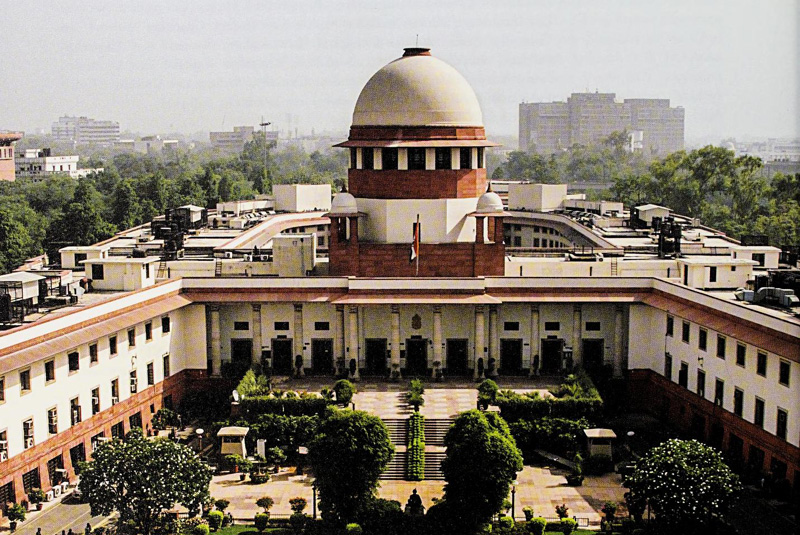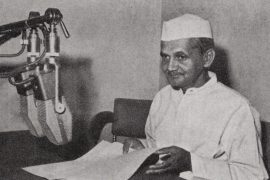The Supreme Court of India seems to agree with the argument made on-behalf of the government, which justifies the exclusion of Scheduled Castes (SC) Scheduled Tribes (ST) and Other Backward Castes (OBCs) from the purview of reservations for Economically Weaker Sections (EWS), as they are already beneficiaries under existing reservations. Meaning, since backward classes already have reservations, they were rightly excluded from EWS quota.
Such an argument fails to appreciate how the equality code in the Indian Constitution works and that any form of under-inclusiveness or exclusion based on prior group membership as reservation beneficiaries is discriminatory and unconstitutional. This is one of the key questions which was debated before the Supreme Court of India in the on-going challenge to the constitutionality of the EWS quota. This article outlines how EWS quota violates the equality code by excluding the SC/ST and OBCs.
For us to assess the unconstitutionality of the amendment, the point of consideration is whether there is a reasonable and just nexus between the distinction made between EWS groups and backward classes (intelligible differentia) and the object of the 103rd Amendment, 2019, or the reasonable classification test under article 14 of the constitution. What article 14 prohibits is class legislation—
Class legislation is that which makes an improper discrimination by conferring particular privileges upon a class of persons arbitrarily selected from a large number of persons all of whom stand in the same relation to the privilege granted and between those on whom the privilege is conferred and the persons not so favoured, no reasonable distinction or substantial difference can be found justifying the inclusion of one and the exclusion of the other from such privilege.(S.Seshachalam&Ors. v Chairman Bar Council Of Tamil Nadu)
-30-
Copyright©Madras Courier, All Rights Reserved. You may share using our article tools. Please don't cut articles from madrascourier.com and redistribute by email, post to the web, mobile phone or social media.Please send in your feed back and comments to editor@madrascourier.com











